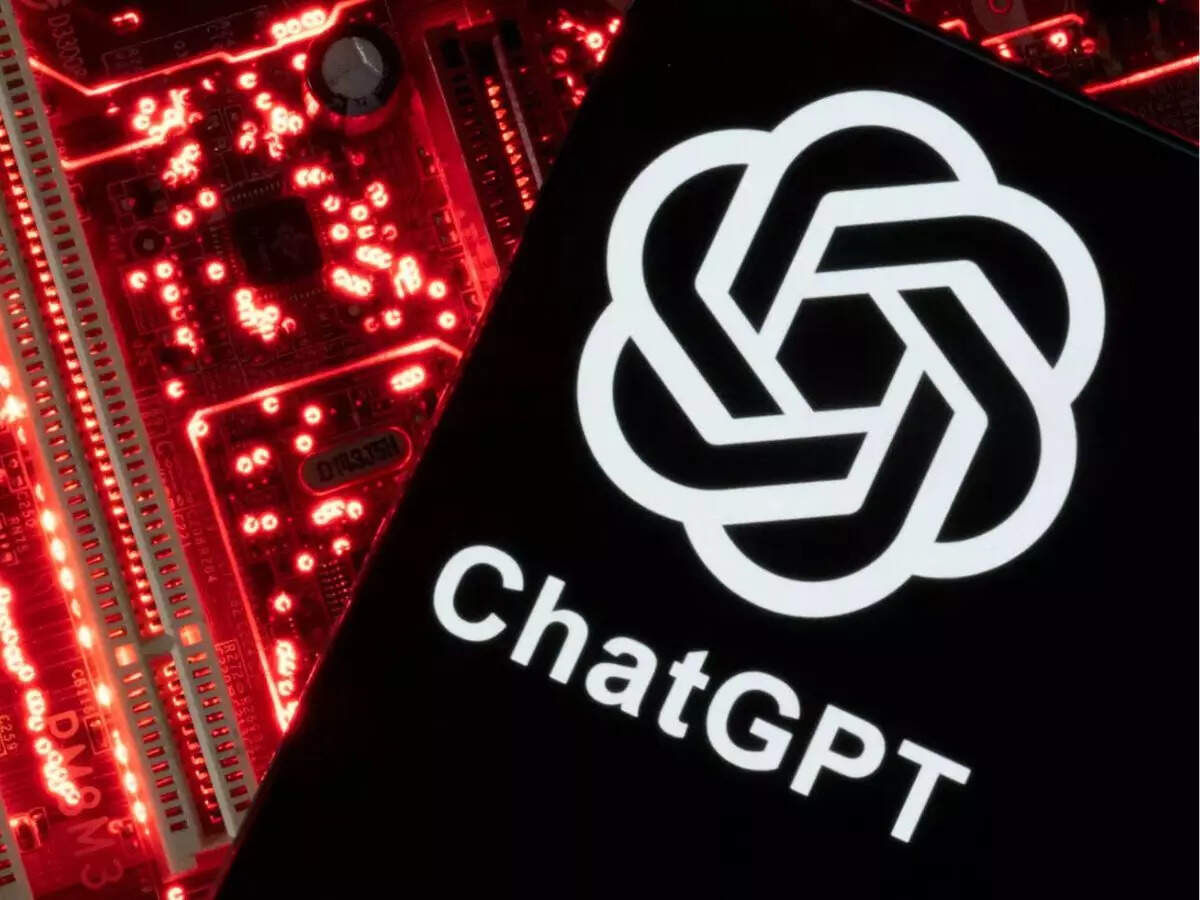Chatgpt: How ChatGPT Bug exposed more than just users’ chat history, including credit card details – Times of India
The information that the ChatGPT bug exposed during an outage earlier this week was more than just chat history. On March 20, Microsoft-backed OpenAI temporarily disabled ChatGPT earlier to fix a bug that allowed some users to see the titles of other users’ chat history on the popular AI chatbot. Now in an update the company has said that the bug may have been exposed more, this includes some personal data of ChatGPT Plus subscribers, including their payment information.
The payment information that was leaked
“Upon deeper investigation, we also discovered that the same bug may have caused the unintentional visibility of payment-related information of 1.2% of the ChatGPT Plus subscribers who were active during a specific nine-hour window. In the hours before we took ChatGPT offline on Monday, it was possible for some users to see another active user’s first and last name, email address, payment address, the last four digits (only) of a credit card number, and credit card expiration date. Full credit card numbers were not exposed at any time,” OpenAI said in the update.
It further added that it has reached out to notify affected users that their payment information may have been exposed. It also claimed that there is no ongoing risk to users’ data.
What caused the bug
In a tweet on March 22, OpenAI CEO Sam Altman said a significant issue in ChatGPT was the result of a “bug in an open source library.” It said that the “bug was discovered in the Redis client open-source library” that OpenAI uses to cache user information in its server.
The company, however, did not reveal the exact number of people impacted by the big. This technical glitch surely does mean that users need to be cautious of AI tools, including chatbots. Most AI tools are still in beta phase, also with the sudden sharp rise in the number of AI tools in the market, it is not really clear/certain that how many of them have been tested properly as well as come with the due security checks.
The payment information that was leaked
“Upon deeper investigation, we also discovered that the same bug may have caused the unintentional visibility of payment-related information of 1.2% of the ChatGPT Plus subscribers who were active during a specific nine-hour window. In the hours before we took ChatGPT offline on Monday, it was possible for some users to see another active user’s first and last name, email address, payment address, the last four digits (only) of a credit card number, and credit card expiration date. Full credit card numbers were not exposed at any time,” OpenAI said in the update.
It further added that it has reached out to notify affected users that their payment information may have been exposed. It also claimed that there is no ongoing risk to users’ data.
What caused the bug
In a tweet on March 22, OpenAI CEO Sam Altman said a significant issue in ChatGPT was the result of a “bug in an open source library.” It said that the “bug was discovered in the Redis client open-source library” that OpenAI uses to cache user information in its server.
The company, however, did not reveal the exact number of people impacted by the big. This technical glitch surely does mean that users need to be cautious of AI tools, including chatbots. Most AI tools are still in beta phase, also with the sudden sharp rise in the number of AI tools in the market, it is not really clear/certain that how many of them have been tested properly as well as come with the due security checks.
For all the latest Technology News Click Here
For the latest news and updates, follow us on Google News.
Denial of responsibility! TheDailyCheck is an automatic aggregator around the global media. All the content are available free on Internet. We have just arranged it in one platform for educational purpose only. In each content, the hyperlink to the primary source is specified. All trademarks belong to their rightful owners, all materials to their authors. If you are the owner of the content and do not want us to publish your materials on our website, please contact us by email – [email protected] The content will be deleted within 24 hours.


